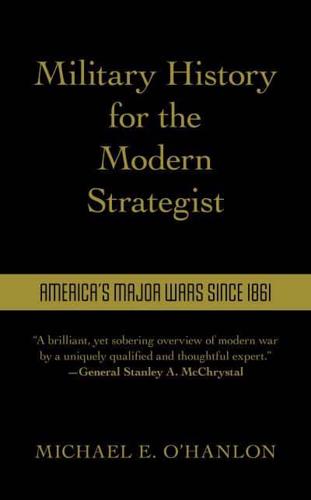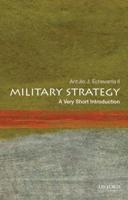Publisher's Synopsis
The tragic conclusion to the war in Afghanistan - America's longest and one of its most frustrating - serves as a reminder that the United States too often is at war, and sometimes fails to achieve its short-term or long-term aims.
In this timely book, esteemed military expert Michael O'Hanlon examines America's major conflicts since the mid-1800s: the Civil War, the two World Wars, Korea, Vietnam, Iraq, and Afghanistan. In this new, concise book, he addresses profound questions. How successful has the United States been when it waged these wars? Were the wars avoidable? Did America's leaders know what they were getting into when they committed to war? And what lessons does history offer for future leaders contemplating war -including the prospects for avoiding war in the first place.
The book does not tell stories at the ground level -the day-to-day tactics and human bravery and perseverance that since ancient times have made warfare so tragically fascinating. Instead, the book presents America's major wars on a conceptual level, focusing on strategies, key decisions, innovative technologies and the dynamics that shaped their outcomes.
O'Hanlon looks for overarching trends and themes, along with the lessons for the military strategists and political leaders of today and tomorrow.
O'Hanlon's unique book - combining brevity and clarity with a broad conceptual approach -is an important one for students of security studies at universities and war colleges as well as generalist policymakers.









